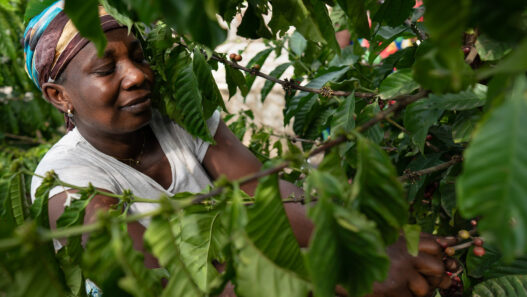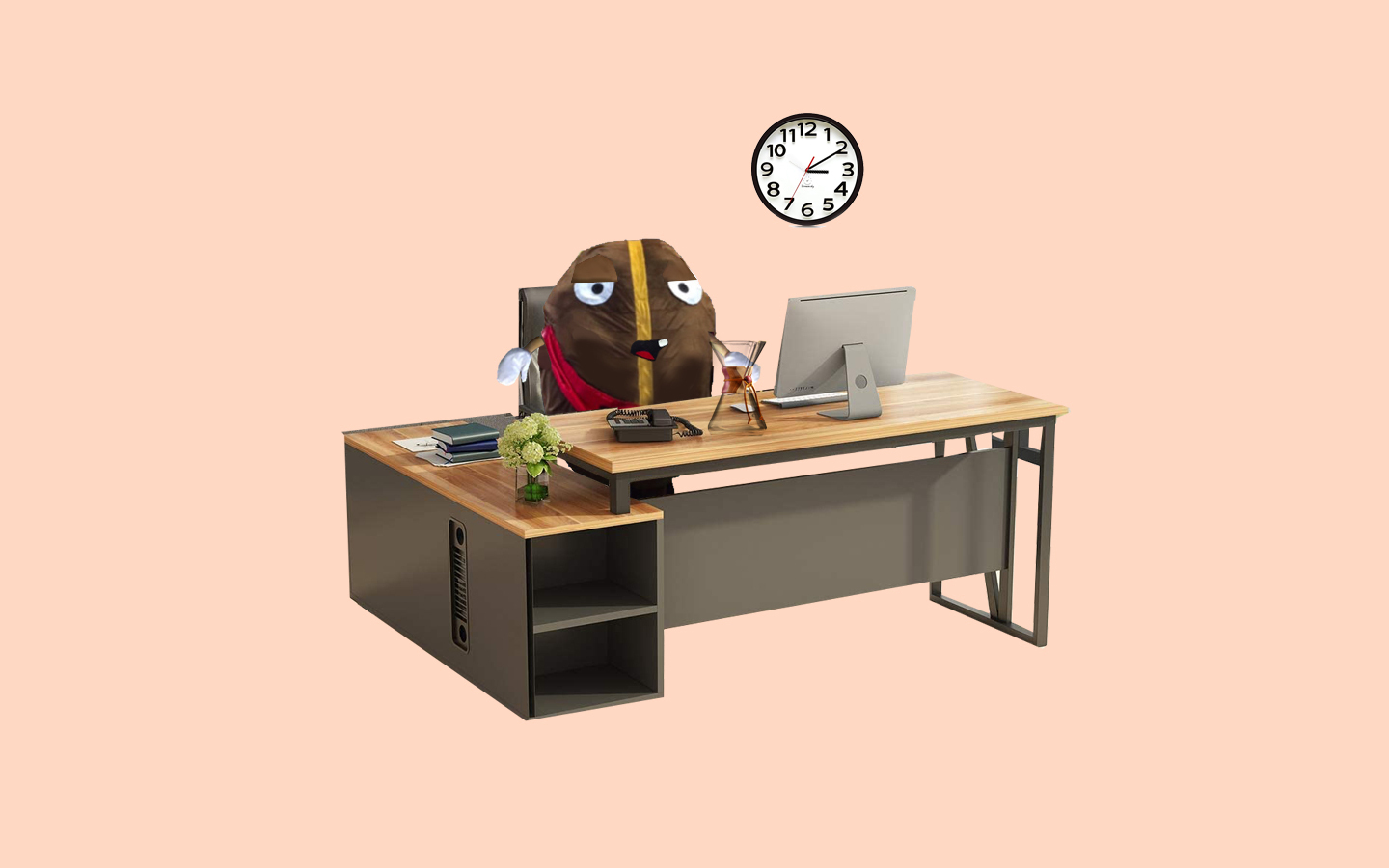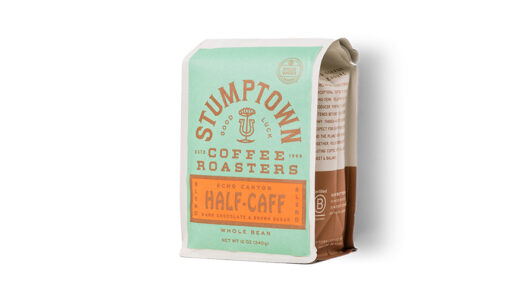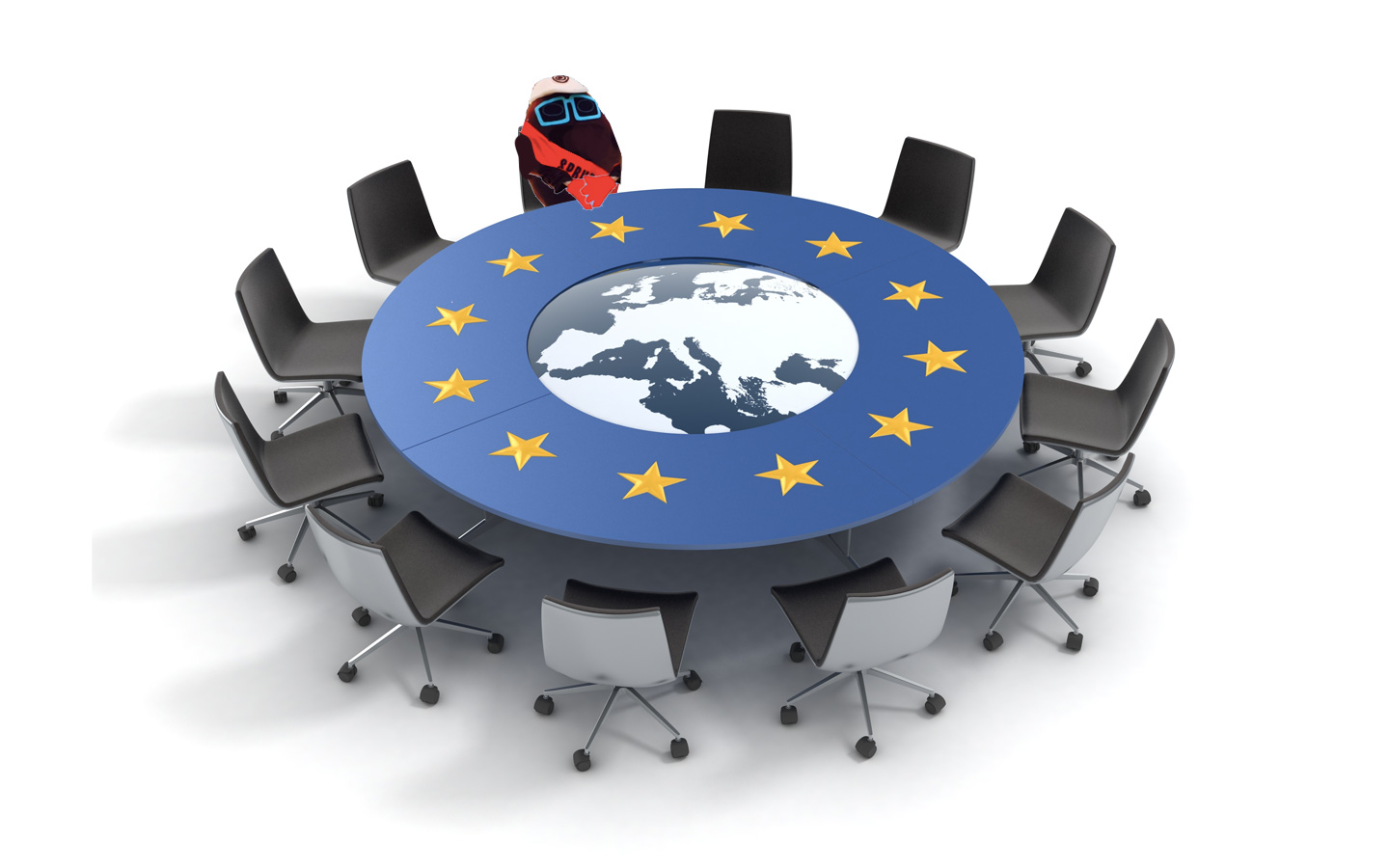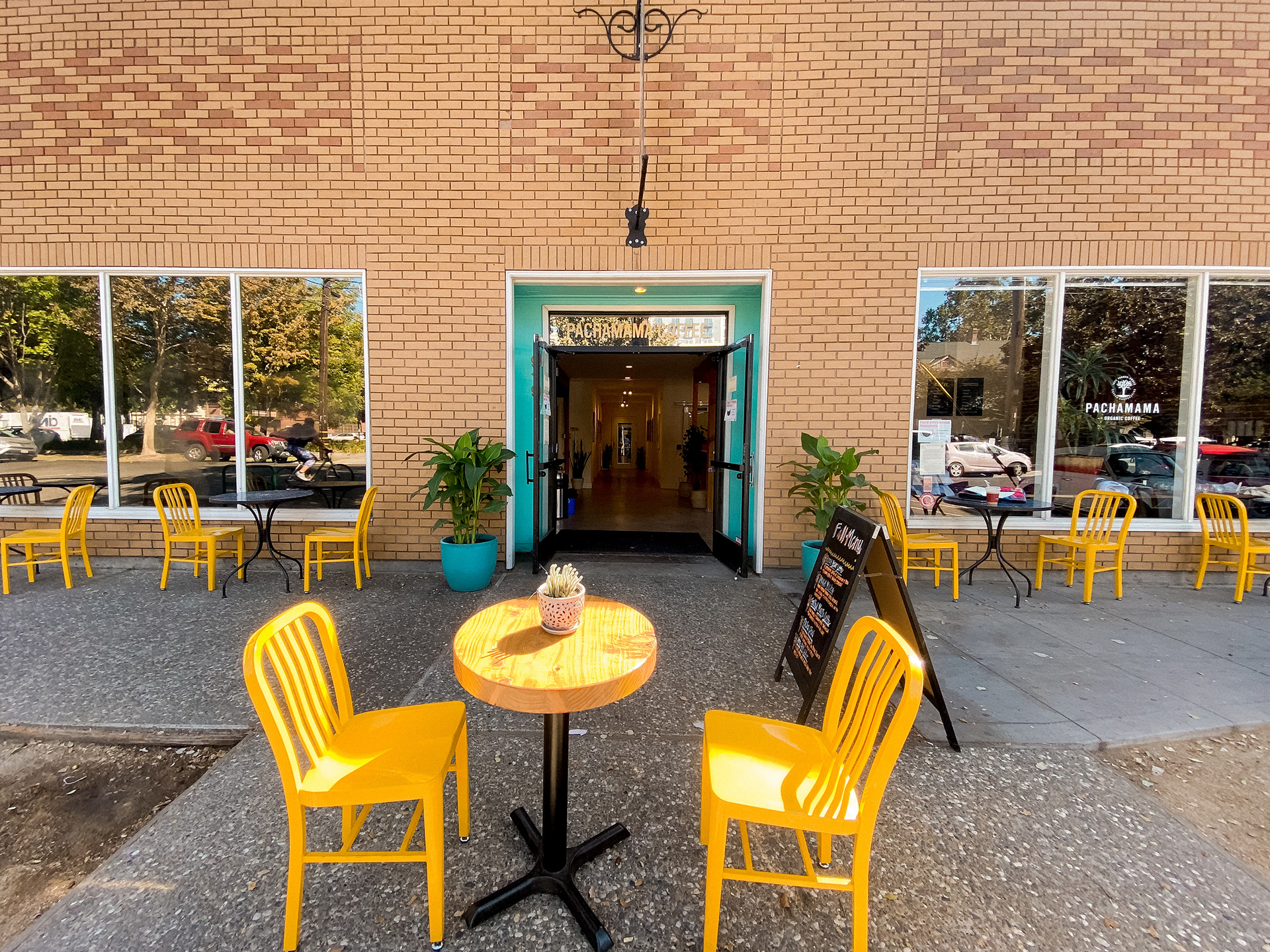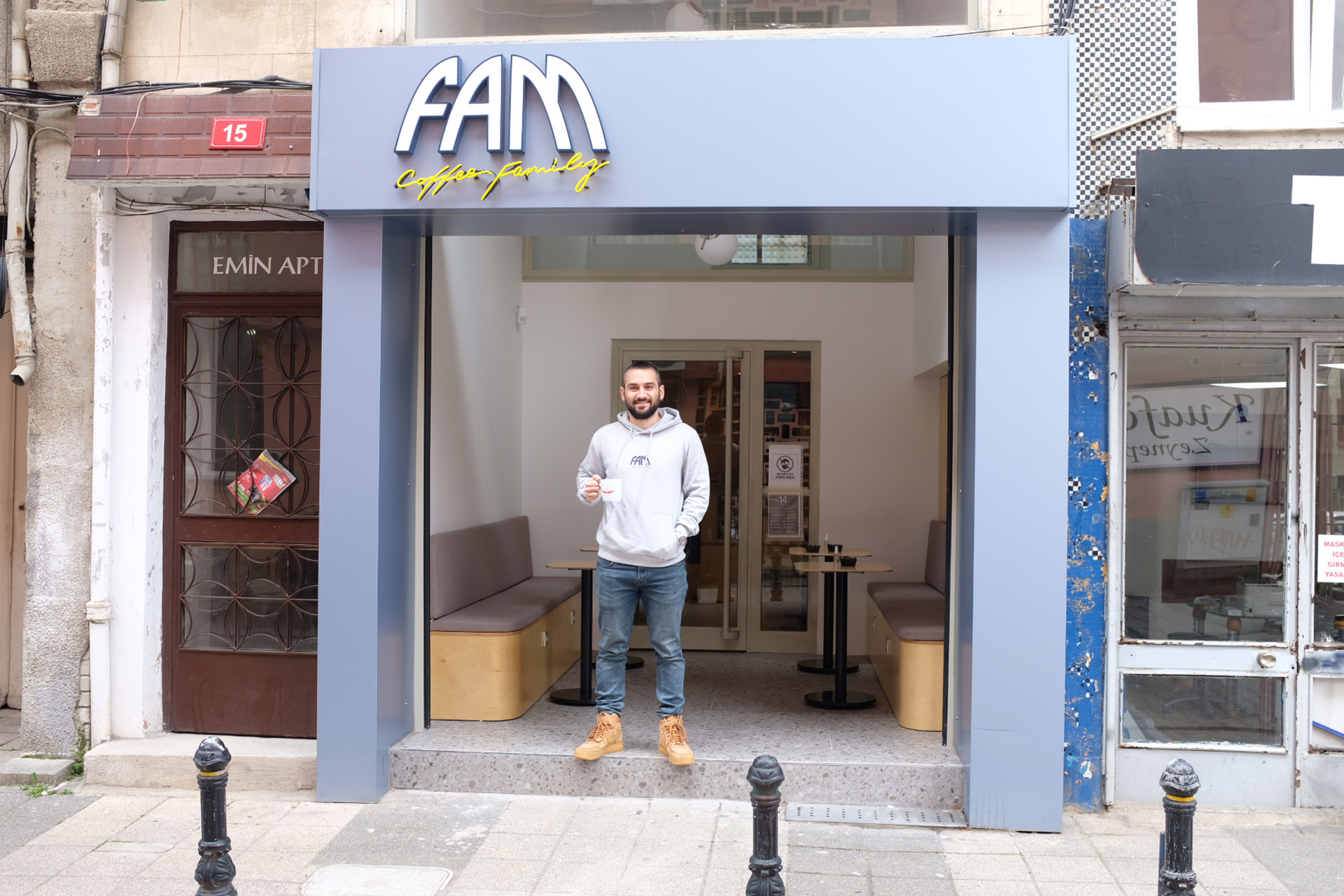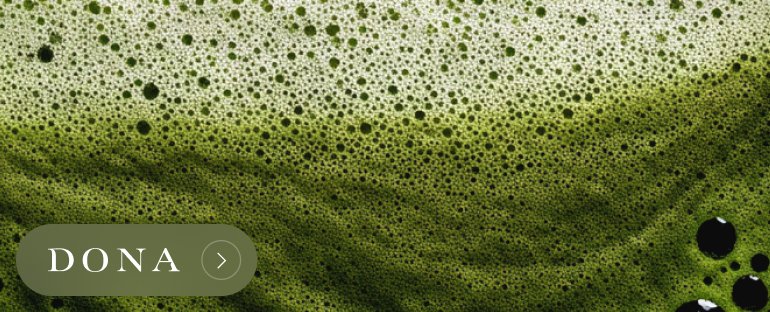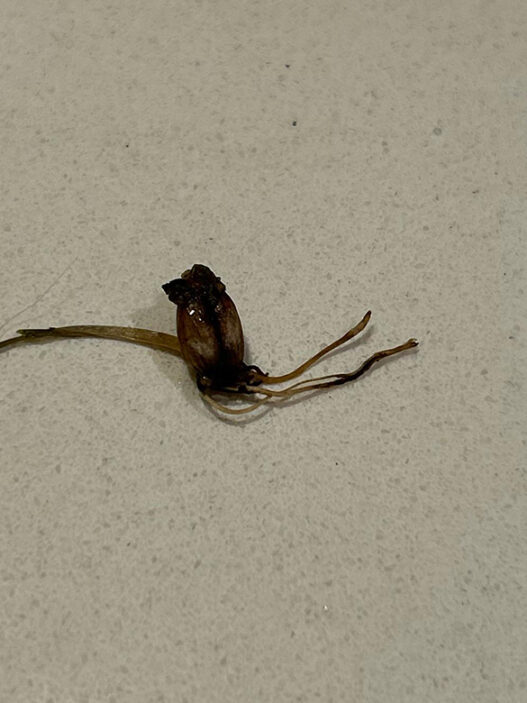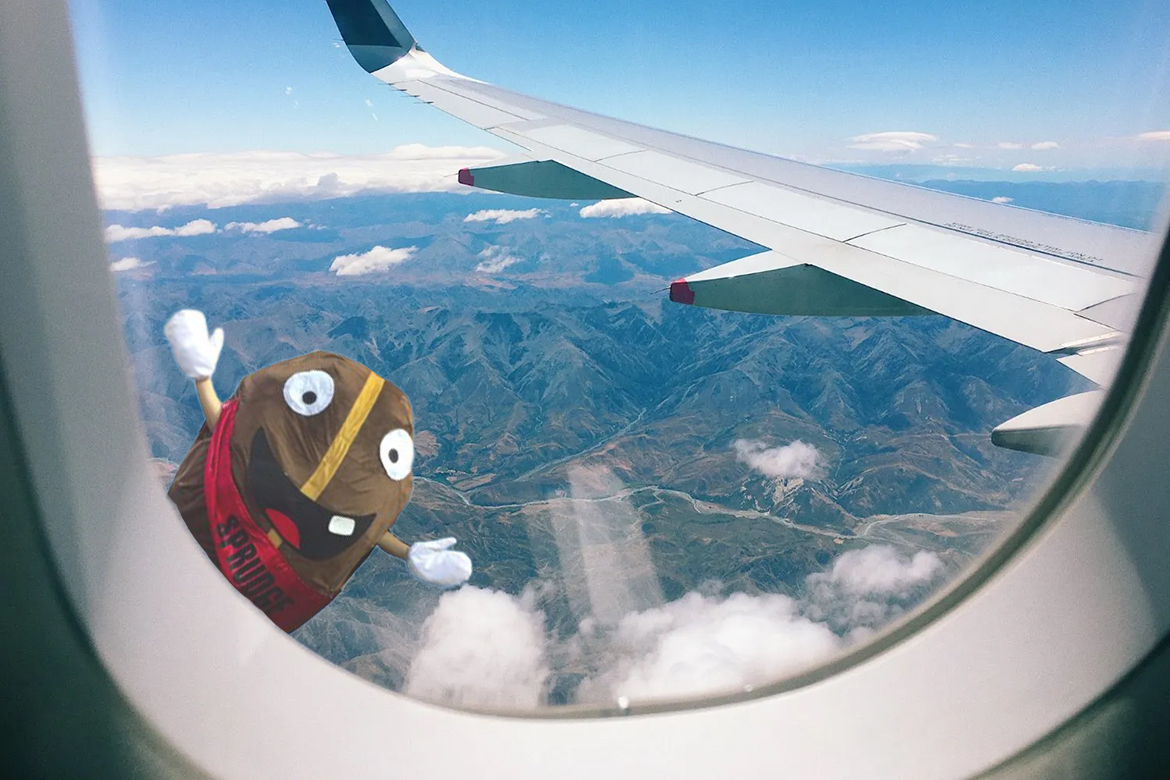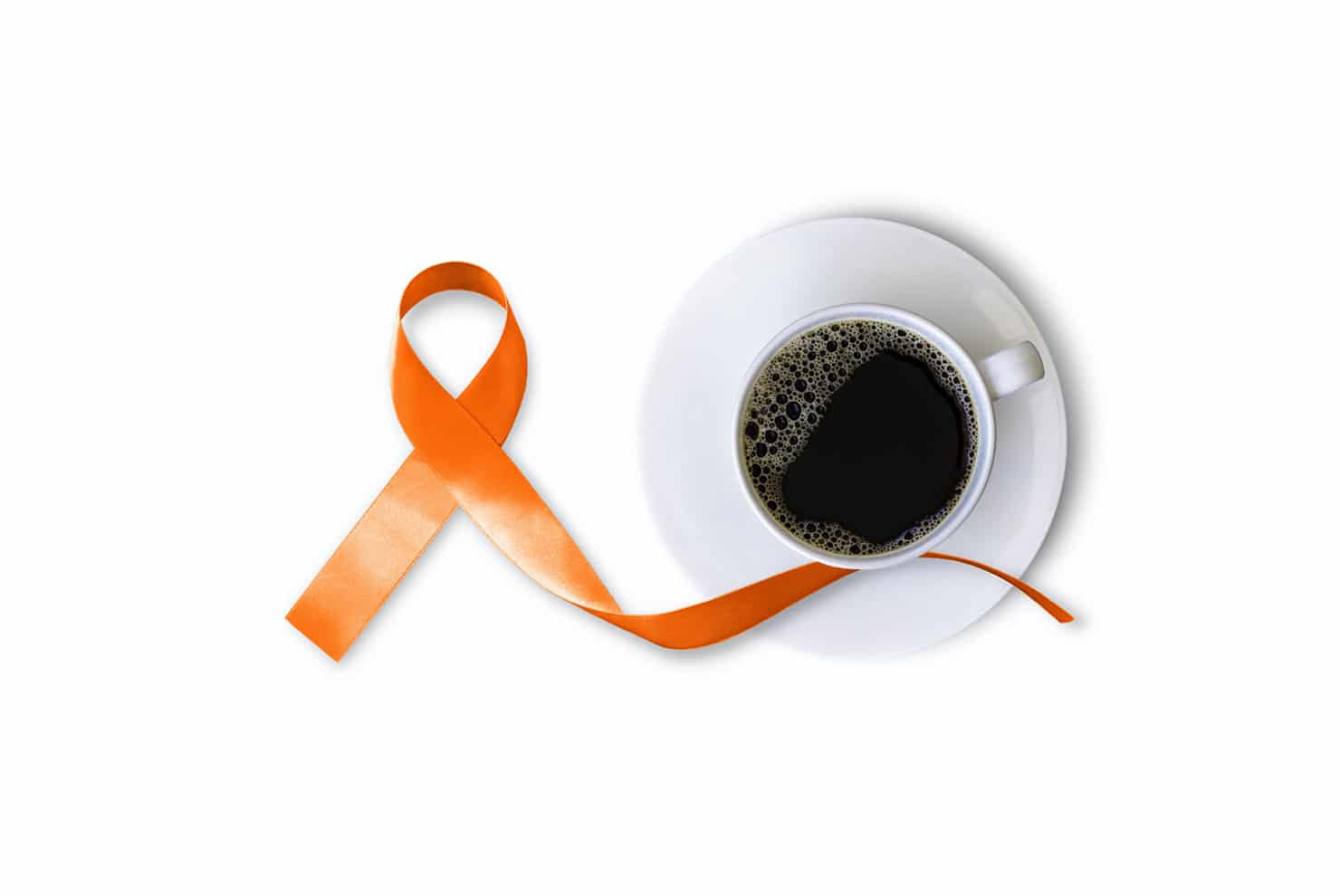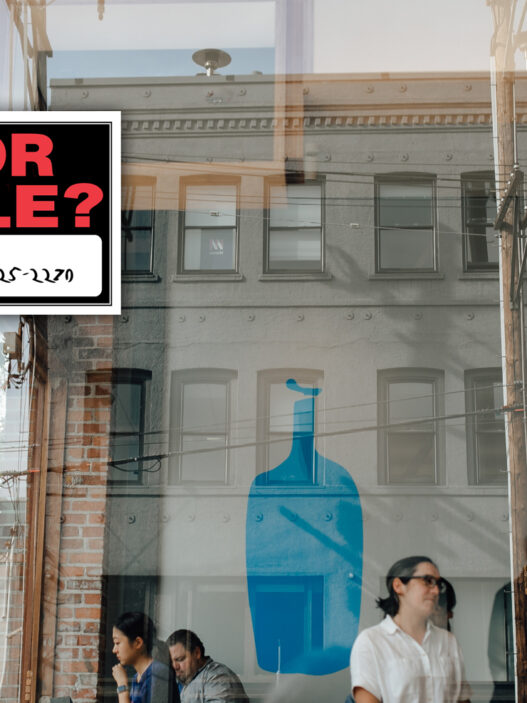The 2021 United Nations Climate Change Conference—more commonly referred to as just COP26—came to a conclusion on November 12th after nearly two weeks of bringing world leaders together in Glasgow to discuss the global climate crisis. And coffee, for not always the best reasons, made headlines throughout the summit. From the reusable cups (that often weren’t) to the Australian delegation’s gift of flat whites, coffee appeared on the periphery, often distracting from the nuts and bolts of the event itself.
Then it became a focus of policy. Along with a host of other commodities, coffee is part of a proposed ban by the EU in an effort to curb deforestation.
As reported by the Guardian, the draft law would require “companies to prove that agricultural commodities destined for the bloc’s 450 million consumers were not linked to deforestation.” Along with coffee, the list of commodities facing a potential ban includes soy, cocoa, palm oil, beef, as well as “some derived products” like chocolate, leather, and furniture, per the Independent. As part of COP26’s goal to end deforestation by 2030, the proposal is written to include any other commodities deemed in the future to be a contributing factor.
As written, the law doesn’t ban the import of all commodities listed, only those that don’t contribute to deforestation, or more specifically, those that can be proven to not. The law would require all EU-based companies to “prove their global supply chains are not contributing to the destruction of forests.” Failure to comply with the rule if passed, per the Independent, “could result in fines of up to 4% of a company’s turnover in an EU country.”
It is worth noting here that not all coffee contributes to deforestation, and in fact, some are even using coffee farming to stop deforestation in the Amazon. (Read more about it here at Sprudge Special Projects desk.) Nonetheless, the impact of the proposal, be it on coffee or other commodities, could be. Behind only the burning of fossil fuels, emissions from the land-use sector—caused by and large by deforestation—is the leading cause of climate change. It’s yet another reason to know where your coffee comes from, and often this means by buying specialty coffee. While not every company has sustainability at its core, specialty coffee is more likely to be produced via more sustainable means. Finding a roaster whose buying practices align with your own ecological standards means you can be more sure that your morning cup is doing as little unintentional harm as possible.
Zac Cadwalader is the managing editor at Sprudge Media Network and a staff writer based in Dallas. Read more Zac Cadwalader on Sprudge.




